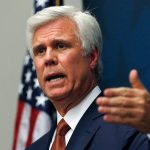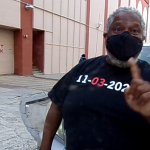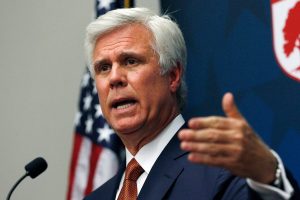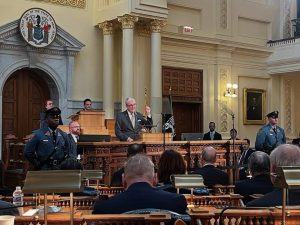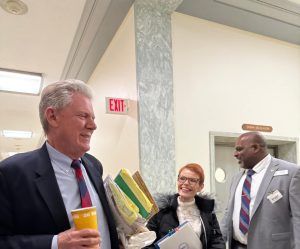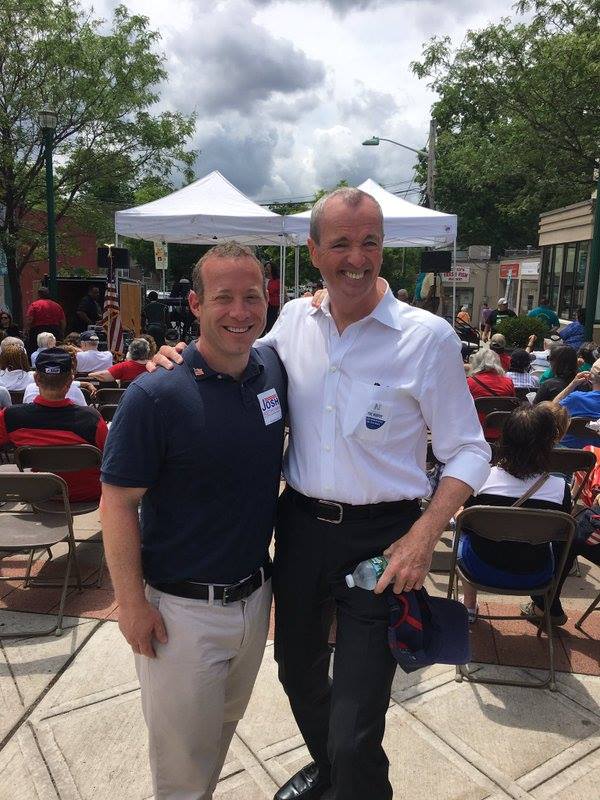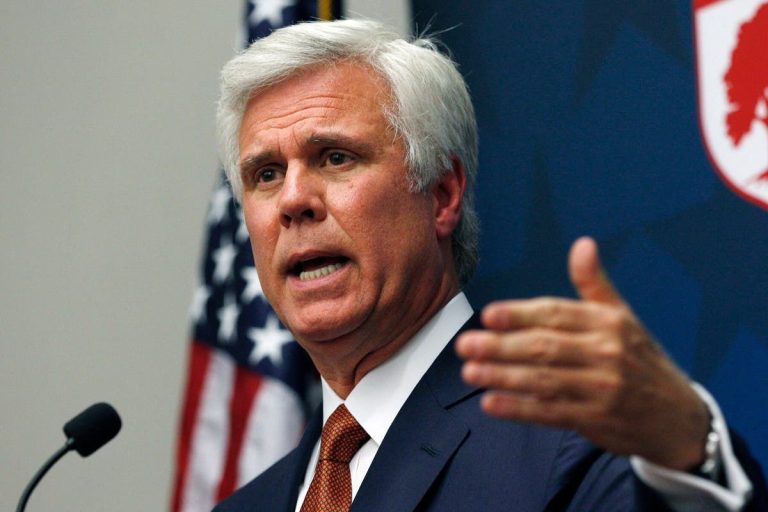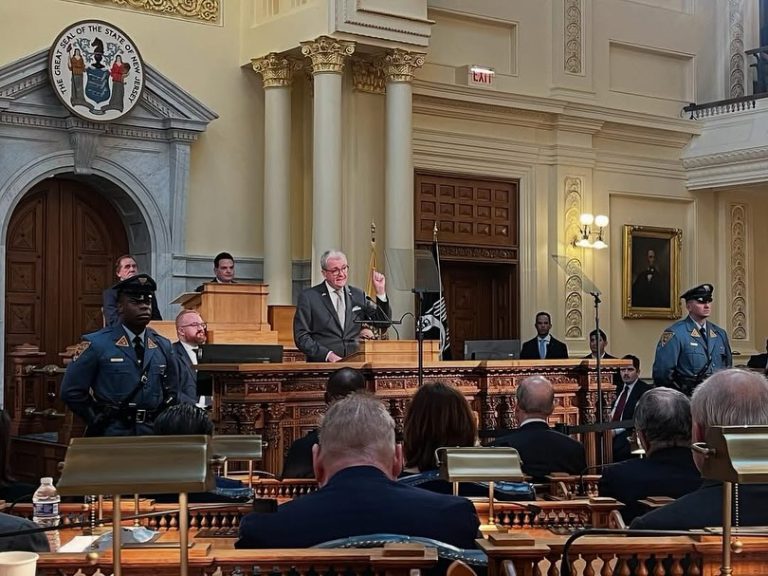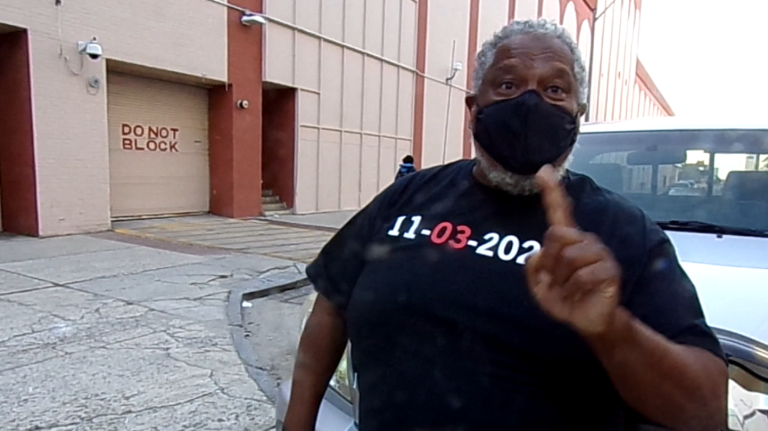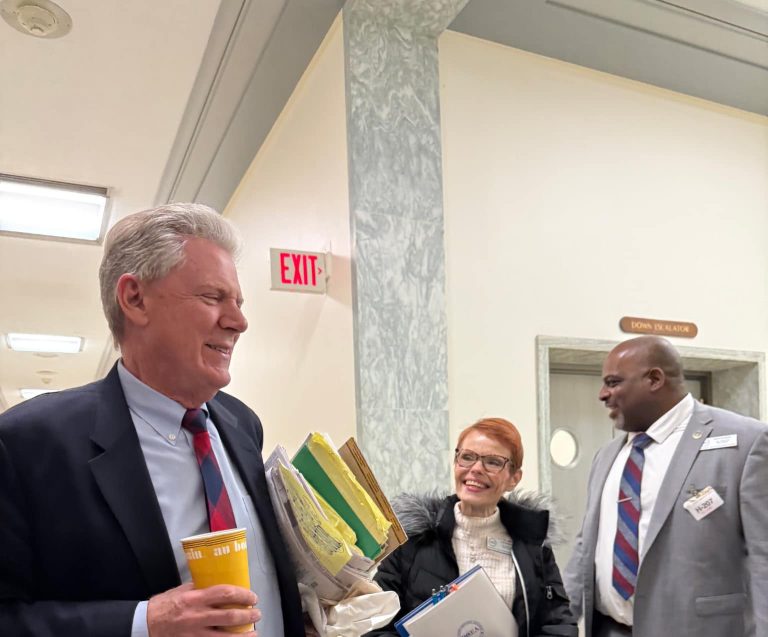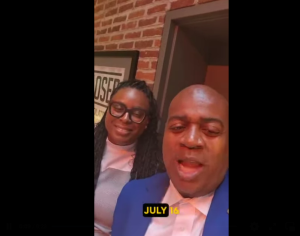Governor Phil Murphy has ordered state departments to freeze hiring, halt salary increases, and reduce budgets by 5%, a move that is expected to have significant impacts on public services and could shape the political narrative heading into the 2025 gubernatorial election.
The directive aims to address fiscal pressures, including slower-than-expected tax revenue growth and increasing costs. Departments have been instructed to submit plans to meet the budget reduction targets, prompting concerns about the potential effects on critical services such as public safety, education, and infrastructure maintenance.
Policy and Public Reaction
While fiscal conservatives have long called for spending reductions to address the state’s substantial debt and pension liabilities, the cuts have drawn criticism from labor unions and advocates for public programs. Public employee unions have expressed concerns over potential workforce shortages and the morale of existing staff, particularly in sectors already grappling with high demand.
Progressive groups and social service advocates are also raising alarms, warning that reduced funding could harm vulnerable populations who rely on state assistance programs. The cuts come at a time when many departments are still recovering from the pressures of the COVID-19 pandemic and increased workloads.
Impact on the 2025 Gubernatorial Race
The timing of the cuts is likely to be a central issue in the upcoming governor’s race. Democratic candidates aiming to succeed Murphy must contend with questions about the administration’s financial management and the broader implications of the budget reductions. This may force them to defend the cuts while also offering their vision for economic recovery and public investment.
Republican candidates are already positioning themselves to capitalize on the issue, framing the reductions as overdue but insufficient to address the state’s financial challenges. The cuts provide an opening for Republicans to critique Democratic leadership and propose alternative fiscal strategies.
Challenges for Both Parties
Democrats face the dual challenge of maintaining their base’s support while justifying budget cuts that some progressives view as inconsistent with the party’s values. Republicans, on the other hand, will need to articulate how their proposals would provide solutions without sacrificing essential services.
Political analysts suggest that the cuts could resonate with voters concerned about the state’s long-term financial stability, but the real impact will depend on how the reductions affect day-to-day government operations and public perception.
The Path Forward
As departments implement the mandated reductions, the effects on public services and state employees will become clearer in the months ahead. Both parties will likely use the budget cuts as a cornerstone of their campaigns, highlighting their respective visions for New Jersey’s fiscal future.
The 2025 gubernatorial race is shaping up to be a critical juncture for the state, with fiscal management and economic recovery at the forefront of voters’ concerns. How this directive plays out could set the tone for the political debate in the months to come.
